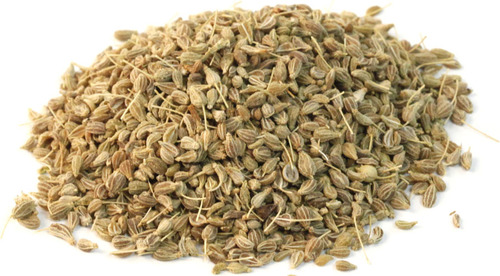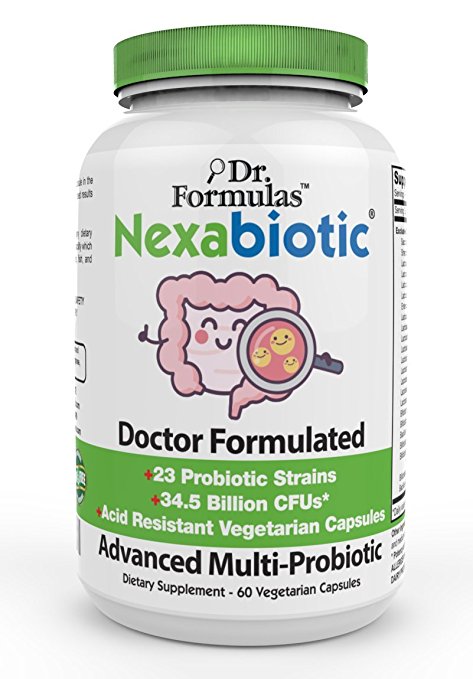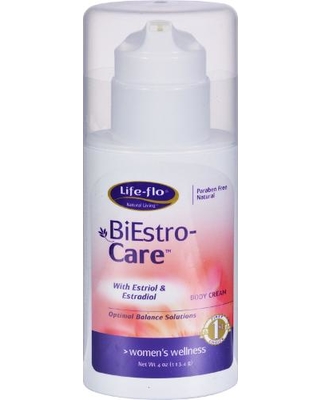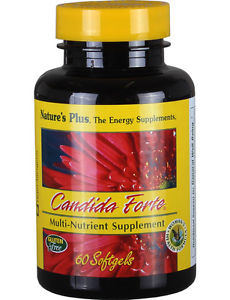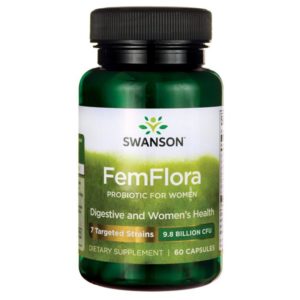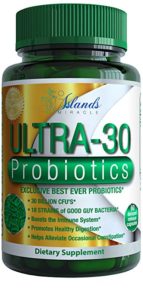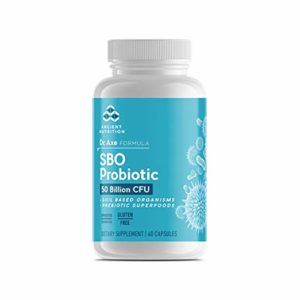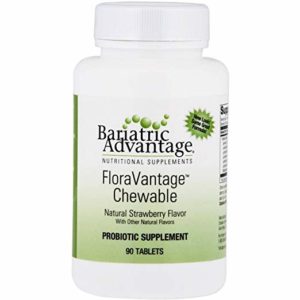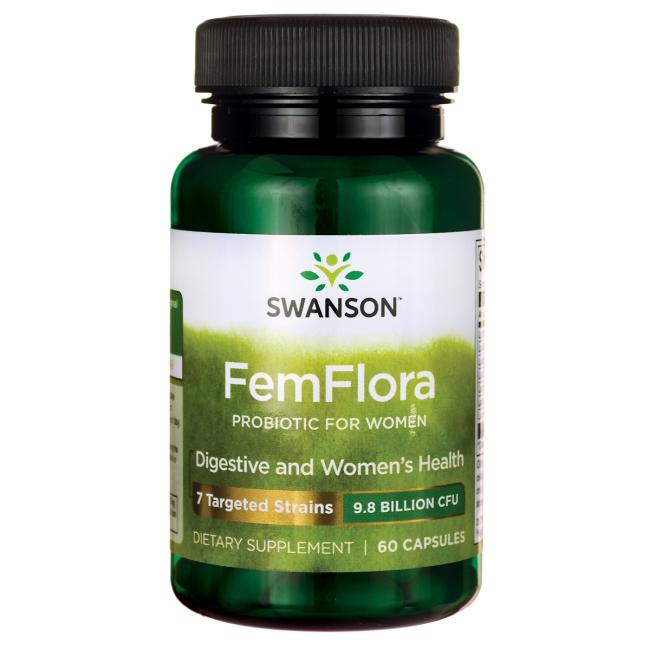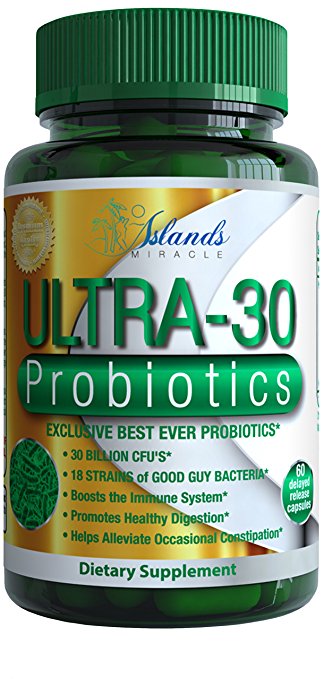
Feminine Issues?

The only All-Natural Product for:
- Feminine Issues
- Vaginal Odor
- Vaginal Itching
- Vaginal Discharge
Start Seeing A Difference Within a Few Days of Taking it!
WHAT'S THE PROOF?
Out of the tens of thousands of women that have tried Balance Complex, over 700 have been so impressed by the results, that they have voiced their results in the form of reviews for the product on Amazon, the world most TRUSTED online marketplace.
Below are just a few of the reviews of Balance Complex on Amazon:

"I have been looking for a probiotic to help with my feminine issues and this has done the trick!I have already recommended to other friends!" *

"I loved it. Just knowing that I was taking care of any problems that might occur that we as females go through gave me a piece of mind." *

"I was surprised it worked as fast as it did. Very Effective & Natural. I take one at night and one in the afternoon. And I feel so much better." *
Every order of Balance Complex on Amazon is backed by Amazon’s 100% money back satisfaction guarantee.
Try it for up to 90 days and if you aren't thrilled with the results, just notify Amazon and they will give you a full refund.

About Bacterial Vaginosis
Bacterial vaginosis is one of the most common infections of the vagina. Bacterial vaginosis is caused by an imbalance between Lactobacilli (a “friendly” bacteria of the vagina) and other bacteria. The overgrowth of these other bacteria seems to cause bacterial vaginosis, but the exact cause is not completely understood. Additionally, no single type of bacteria causes bacterial vaginosis, which is considered a polymicrobial (many bacteria) infection. Bacterial vaginosis is not considered to be a sexually transmitted infection, but it is more common in women who are sexually active. Douching and smoking are both risk factors for bacterial vaginosis. Genetic factors and sexual activity may also play an important role.
The most common symptoms of bacterial vaginosis are: Abnormal vaginal discharge that is usually thin and gray or milky in color. Abnormal vaginal odor, often described as “fishy.” This odor may be especially noticeable after sexual intercourse or after urination. Mild vulvar irritation can be a symptom, but usually there is no external discomfort with bacterial vaginosis.
A diagnosis is made by evaluating vaginal discharge collected during a pelvic exam, checking the vaginal pH, looking for an abnormal odor, and examining the secretions under the microscope. Cultures may be collected during the exam and are used to rule out other infections that may cause abnormal vaginal discharge. Patients are notified if any of these cultures are positive and require treatment.
Bacterial vaginosis may resolve without treatment but should be treated if symptomatic. It is recommended that women undergoing a gynecological procedure or surgery be treated even if there are no symptoms present. Treatment is also considered if the patient is having other vulvar symptoms that may be aggravated by the presence of bacterial vaginosis.
Common treatments for bacterial vaginosis include: Oral medications: metronidazole, tinidazole. Vaginal medications: clindamycin vaginal cream, metronidazole vaginal gel; less commonly, metronidazole vaginal suppositories. Male sexual partners are not treated because current research has not shown any benefit to the female with bacterial vaginosis if her partner is treated. However, it may be helpful to treat female sexual partners.
Regular condom use significantly reduces the risk of getting bacterial vaginosis again and is strongly encouraged. We recommend no douching or smoking because these practices are risk factors for bacterial vaginosis.
Why does bacterial vaginosis recur after treatment? It is not known why some women have recurrences of bacterial vaginosis after they have completed treatment. In some cases, the abnormal bacteria persist after standard courses of treatment, or the normal Lactobacilli fail to re-establish themselves after treatment. If bacterial vaginosis recurs more than three times a year, a more prolonged course of therapy to resolve the symptoms is recommended. Follow-up may include a three- to six-month regimen of maintenance therapy to suppress the abnormal bacteria.
Review Overview
5.1 OVERALL SCORE
Feminine Issues?

The only All-Natural Product for:
- Feminine Issues
- Vaginal Odor
- Vaginal Itching
- Vaginal Discharge
Start Seeing A Difference Within a Few Days of Taking it!
WHAT'S THE PROOF?
Out of the tens of thousands of women that have tried Balance Complex, over 700 have been so impressed by the results, that they have voiced their results in the form of reviews for the product on Amazon, the world most TRUSTED online marketplace.
Below are just a few of the reviews of Balance Complex on Amazon:

"I have been looking for a probiotic to help with my feminine issues and this has done the trick!I have already recommended to other friends!" *

"I loved it. Just knowing that I was taking care of any problems that might occur that we as females go through gave me a piece of mind." *

"I was surprised it worked as fast as it did. Very Effective & Natural. I take one at night and one in the afternoon. And I feel so much better." *
Every order of Balance Complex on Amazon is backed by Amazon’s 100% money back satisfaction guarantee.
Try it for up to 90 days and if you aren't thrilled with the results, just notify Amazon and they will give you a full refund.
Recent Tests
Categories
- General Health
- Feminine Guides
- Ingredient Guides
- Product Reviews
- Bacterial Vaginosis Products
- Candida Products
- Menopause Products
- UTI Products
- Yeast Infection Products
About Us

FeminineHealthReviews is dedicated in bringing you the top unbiased editorial reviews and ratings for natural products and supplements, along with specs, user reviews, supplement facts and more.
These statements have not been evaluated by the Food and Drug Administration. This product is not intended to diagnose, treat, cure or prevent any disease.
*Results may vary. If you are pregnant, nursing, have a serious medical condition, or have a history of heart conditions we suggest consulting with a physician before using any supplement. The information contained in this website is provided for general informational purposes only. It is not intended to diagnose, treat*, cure, or prevent any disease and should not be relied upon as medical advice. Always consult your doctor before using any supplements. Disclosure of Material Connection: Some of the links in the post above are "associate sales links." This means if you click on the link and purchase an item, we will receive a commission. Regardless, we only recommend products or services which we use personally and/or believe will add value to our readers. We are disclosing this in accordance with the Federal Trade Commission’s 16 CFR, Part 255: "Guides Concerning the Use of Endorsements and Testimonials." Disclaimer: © 2025 All Rights Reserved. The information provided on this site is intended for your general knowledge only and is not a substitute for professional medical advice or treatment for specific medical conditions. You should not use this information to diagnose or treat* a health problem or disease without consulting with a qualified healthcare provider. Please consult your healthcare provider with any questions or concerns you may have regarding your condition.Your use of this website indicates your agreement to this websites published terms of use and all site policies. All trademarks, registered trademarks and service-marks mentioned on this site are the property of their respective owners.






